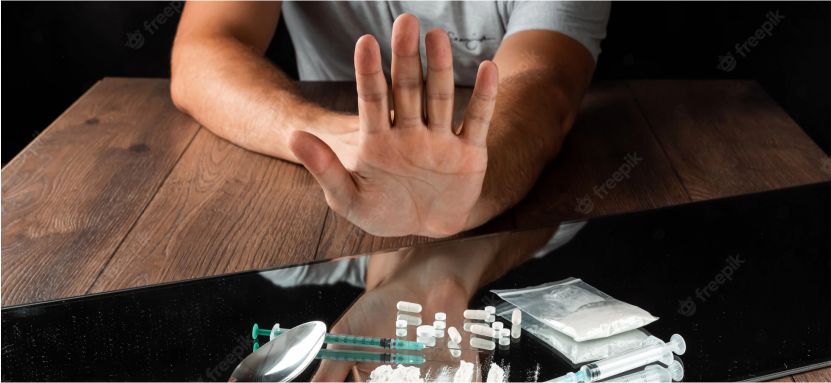
How to Handle Triggers to Prevent Relapse
by Victory Benjamin
WHAT ARE TRIGGERS?
Triggers are specific things, events, situations, or individuals that make us have intense desire to use drugs when we encounter them. Triggers usually send us into intense emotional reactions, take actions without thinking it through, which mostly leads to regret when this emotional wave is calm
EXTERNAL TRIGGERS
These are settings, people, places, objects, situations, or activities that make us want to use substances. Some examples of external triggers are; loneliness, friends who use substances, places where a person has used substances previously, parties, when it is raining, before, during, and after sexual activities, before, after, and during work, passing a dealer’s residence or street, before, during, or after breakfast, lunch, or dinner, after pay day, during pain, during celebrations, etc.
INTERNAL TRIGGERS
These are emotions or feelings that trigger the brain to think about using substances. Some examples of internal triggers are; hunger, fear, anger, guilt, happiness, worry, grieve, feeling neglected, anxious, paranoid, misunderstood, stressed, loneliness, feeling revengeful, humiliated, deprived, envious, bored, excited, sad, irritated, relaxed, insecure, pressured, inadequate, criticized, etc. Triggers are personal and differ from person to person. What triggers a person may differ from what triggers another person.
HOW TO HANDLE TRIGGERS
* Self Awareness
* Spending Time with Positive People
* Exercise
* Joining a Support Group
* Mindfulness/ Meditation
* Therapy
HOW NOT TO HANDLE TRIGGERS
* Violence
* Risky Behaviours
* Self-Harm
* Bottling up Emotions
* Binge Eating
* Binge Drinking
* Associating with People who Sell or Use Drugs
Triggers are the major reason individuals struggling with addiction seek help. Understanding your trigger equips you to take rational steps in handling them. Therapy helps individuals to learn how to handle their triggers in order to prevent relapse.
